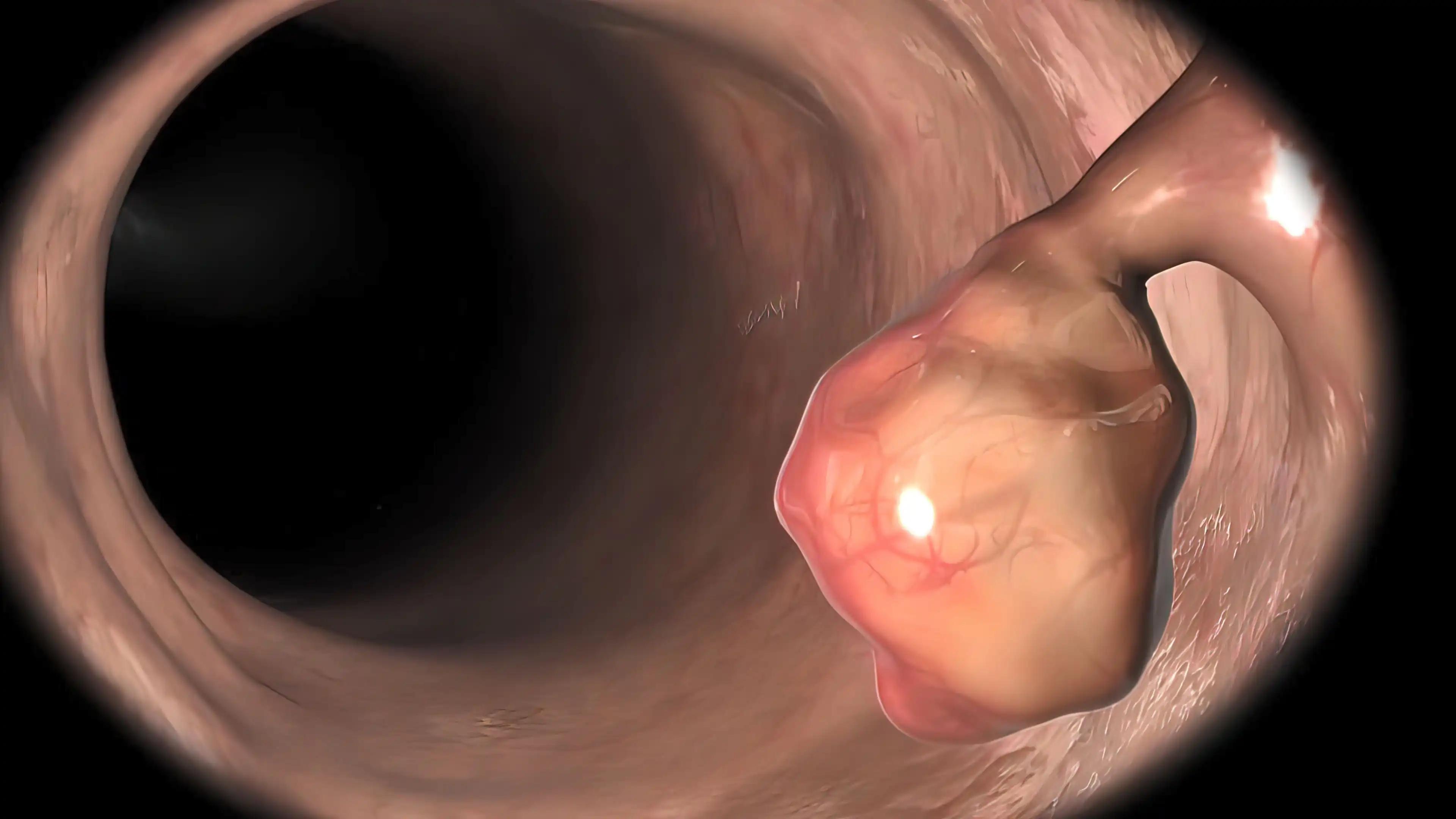KEY TAKEAWAYS
- The study aimed to evaluate post-NACR NPS changes’ clinical relevance and prognostic value among patients with ESCC.
- The study found that post-NACR elevated NPS predicts poorer prognosis, guiding personalized therapeutic decisions for patients with ESCC.
Haowen Zhang and the team conducted a study that aimed to evaluate the clinical significance and prognostic importance of Naples prognostic score (NPS) changes after neoadjuvant chemoradiotherapy (NACR) in individuals with esophageal squamous cell carcinoma (ESCC).
The study retrospectively analyzed 232 individuals with locally advanced ESCC who underwent NACR before esophagectomy. Patients were categorized into 2 groups based on changes in their NPS after NACR: those with elevated NPS (ΔNPS > 0) and those with non-elevated NPS (ΔNPS ≤ 0). Clinicopathological characteristics, survival rates, and postoperative complications were compared between these groups (∆NPS= post-NACR NPS – pre-NACR NPS).
The results revealed that among the 232 enrolled patients, 105 demonstrated elevated NPS levels, while 127 exhibited non-elevated NPS levels. Survival analyses showed that individuals with elevated NPS had significantly poorer overall survival (OS) (P=0.024) and recurrence-free survival (RFS) (P=0.047) compared to those with non-elevated NPS. Cox regression analyses subsequently identified the post-NACR change in NPS as an independent prognostic indicator for both RFS (P=0.029) and OS (P=0.036).
The study concluded that an elevated NPS post-NACR is a significant prognostic indicator for individuals with locally advanced ESCC who underwent NACR. This discovery holds promise for identifying high-risk ESCC patients who received NACR before undergoing esophagectomy, facilitating tailored therapeutic decisions in clinical practice.
Source: https://pubmed.ncbi.nlm.nih.gov/38734428/
No funding information was available.
Zhang H, Xiao X, Luan S, et al. (2024). “Impact of change in the Naples prognostic score after neoadjuvant chemoradiotherapy on survival in esophageal squamous cell carcinoma patients.” Saudi Med J. 2024 May;45(5):481-489. doi: 10.15537/smj.2024.45.5.20230908. PMID: 38734428.



